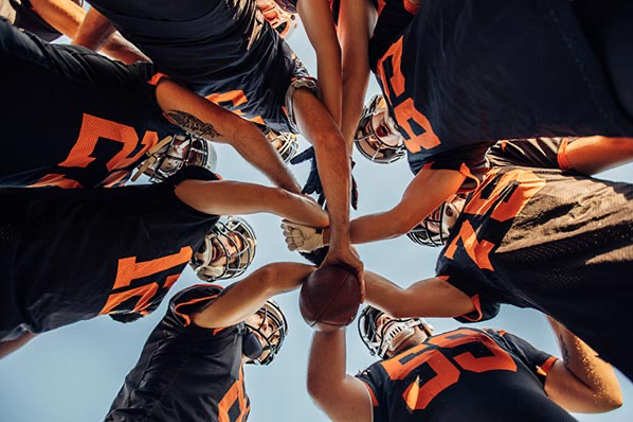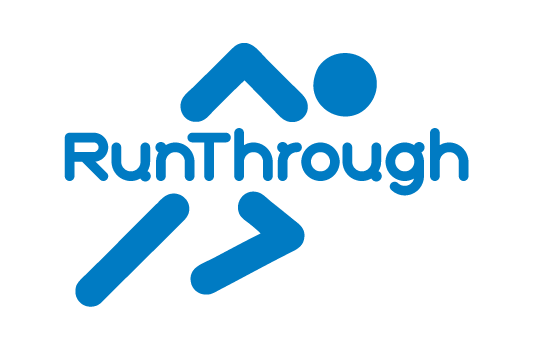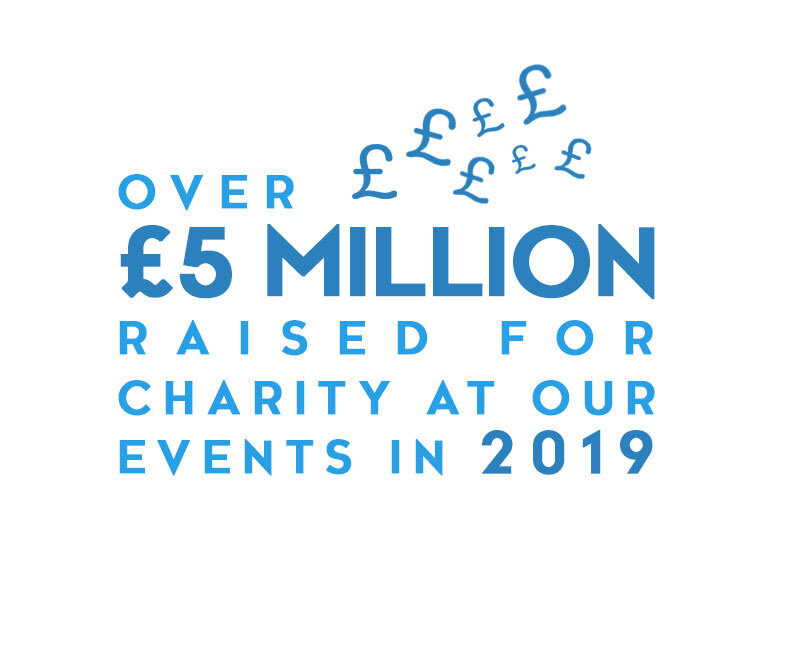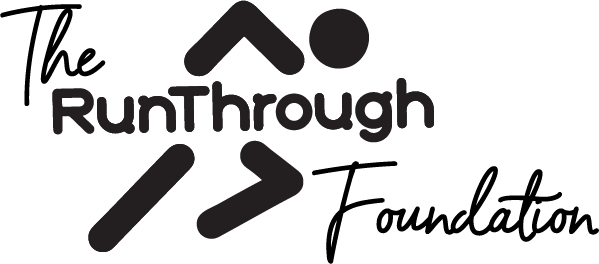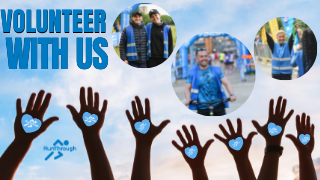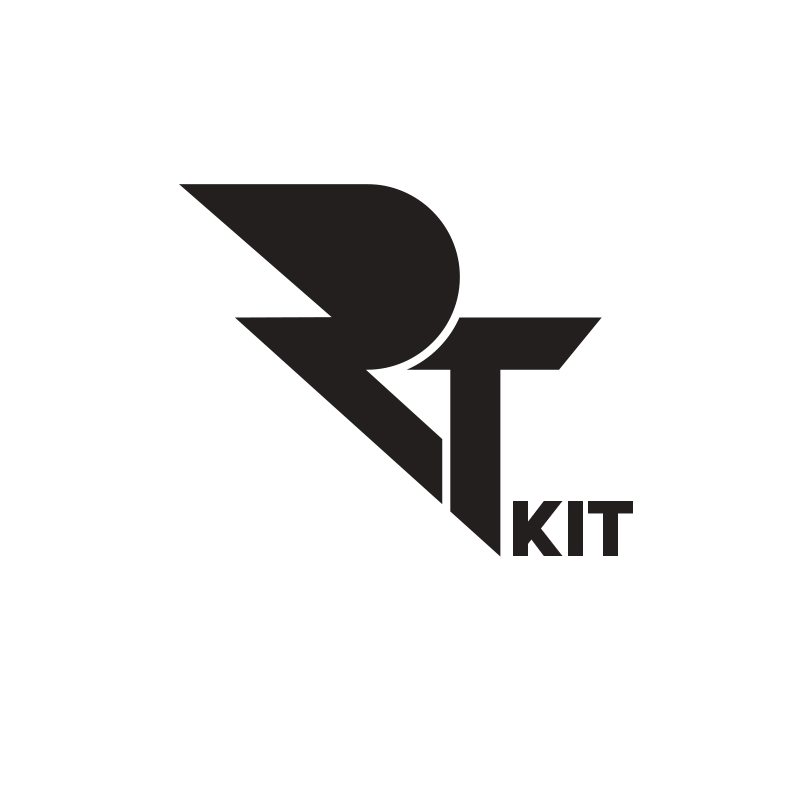Is there anything better than sport at bringing people from all walks of life together? From young and old, male and female, the world over. Whether it is a football World Cup, Olympics Games, or Eliud Kipchoge attempting to run a marathon under 2-hours, when there is a sporting spectacle and everyone is collectively enthralled by it time seems to stand still for a while. Often, regardless of outcome, just knowing the experience was shared among strangers you might otherwise not have had much in common with is enough to put a smile on your face. So simple.
So, imagine the effects if you could harness that experience and apply directly to a team of people you work alongside daily and the improvements it could produce. Companies and offices have often turned to team building exercises in the hope of bringing people and employees closer together. There is no doubt that shared experiences for a team of people away from their usual working environment can boost any number of areas from creativity, leadership, motivation, reliability, responsibility and empathy, all of which can only enhance the effectiveness of a team within a company working towards a shared goal.
The key, however, is working out the ideal team building exercise for a company. Some opt for simple social gatherings to bring people together, others like more formal events, there are some who may employ external third parties to come in and hold workshops in the office for a day or two, whilst others may be inclined to offer up a trip away somewhere for a weekend. All of these have their benefits to improving morale possibly; although when it comes to true team building and improving motivation, teamwork and the overall health of employees there is really no better option than sporting events.
Breaking Down Barriers
It takes all sorts to work as part of a team and the best teams are often those that include a variety of characters and personalities, each bringing different strengths and expertise. However, when you are talking about different personalities or cultures there can be invisible or sub-conscious barriers that are often hard to break down in a day-to-day office environment. These can be within the confines of a team directly or even between a number of different departments in a company. Likewise, a certain number of potential team building exercise ideas like social gatherings and trips away do not lend themselves naturally to breaking down these barriers and can often lead to more being created. Sporting events, however, can be the ideal icebreaker and get that wrecking ball moving on those barriers.
Sporting events are the perfect way for teams to share in a common goal away from the office environment, one that doesn’t rely on targets or deadlines, and one that is fun and entertaining; Also one that is held in a pleasant, comfortable and co-ordinated space that isn’t associated with the hum-drum of “work”. When people are actively engaged in a sporting event either alongside or against each other those barriers will begin to become weaker and less intrusive, that can very quickly translate back into the office in a day-to-day capacity.
Improved Communication
The key to the success of a team is clear communication and concise instruction that is acted upon and executed resulting in the desired outcome. It is almost impossible to understand what someone requires from you if they have not clearly communicated what those expectations are. Alternatively, some people might rely on a different route or way of communication to enable them to process the information. What might be a simple instruction or request to some may be lost altogether for others, just because of the way it was presented.
Sport also requires the same level of clear and effective communication regardless of what the actual activity is; and often in a fast paced sporting environment speed and time is of the essence. Teammates will need to exchange communication almost instantaneously with each other to achieve their desired result. Likewise, for those people who may appear tough to communicate with or understand, sport provides a very clear-cut visual demonstration about what works and why. What do they react to? What don’t they react to? How do they react to certain ways of communication? These kind of answers are often too time consuming to search for in a work environment and often to the detriment of the job at hand. The tips and tricks picked up during a sporting activity, about what worked well and what didn’t, can be directly applied to a person’s working life.
Time to Shine
As previously mentioned in this article the success of all teams, in all areas from corporate to the sports world, relies on a variety of personalities being part of the same team. However, what that means though is that some characters may be better suited in certain environments or just day-to-day working life and are able to present their strengths more effectively and shield weaknesses. Whereas there will be people that the very opposite is true and their weaknesses may define them more obviously than their strengths. Sporting activities can be a level playing field and can be a time for people to show off their strengths in a way they might not be able to in the usual way. It can also provide a safe and inclusive environment for people to realise and accept weaknesses that they might need to work on to improve.
Healthy Teamwork Makes the Dream Work
There is an abundance of health benefits that exercise and sporting activities provide people. There is plenty of scientific research and evidence of the mental health benefits of exercise as well. Even low-level intensity exercises will spur the release of endorphins, also known as the “feel-good hormone”, these are a variety of chemicals released by the brain to increase and improve a person’s overall happiness, motivation, optimism, attentiveness and energy. Show me a team of energized, alert, motivated, and happy people and I will show you a very successful team!
